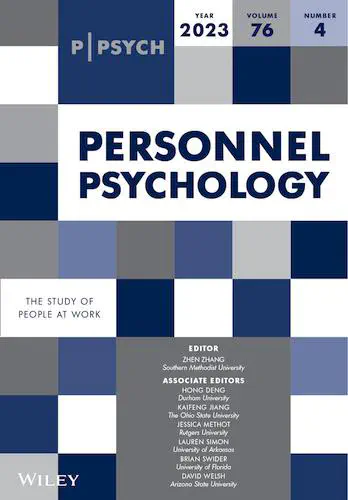
Abstract
Vocational interest measurement has long played a significant role in work contexts, particularly in helping individuals make career choices. A recent meta-analysis indicated that interest inventories have substantial validity for predicting career choices. However, traditional approaches to interest inventory scoring (e.g., profile matching) typically capture broad, or average relations between vocational interests and occupations in the population, yet may not be accurate in capturing the specific relations in a given sample. Machine learning (ML) approaches provide a potential way forward as they can effectively take into account complexities in the relation between interests and career choices. Thus, this study aims to enhance the accuracy of interest inventory-based career choice prediction through the application of ML. Using a large sample (N = 81,267) of employed and unemployed participants, we compared the prediction accuracy of a traditional interest profile method (profile matching) to a new machine-learning augmented method in predicting occupational membership (for employed participants) and vocational aspirations (for unemployed participants). Results suggest that, compared to the traditional profile method, the machine-learning augmented method resulted in higher overall accuracy for predicting both types of career choices. The machine-learning augmented method was especially predictive of job categories with high base rates, yet underpredicted job categories with low base rates. These findings have practical implications for improving the utility of interest inventories for organizational practice, contributing to areas such as employee development, recruitment, job placement, and retention.